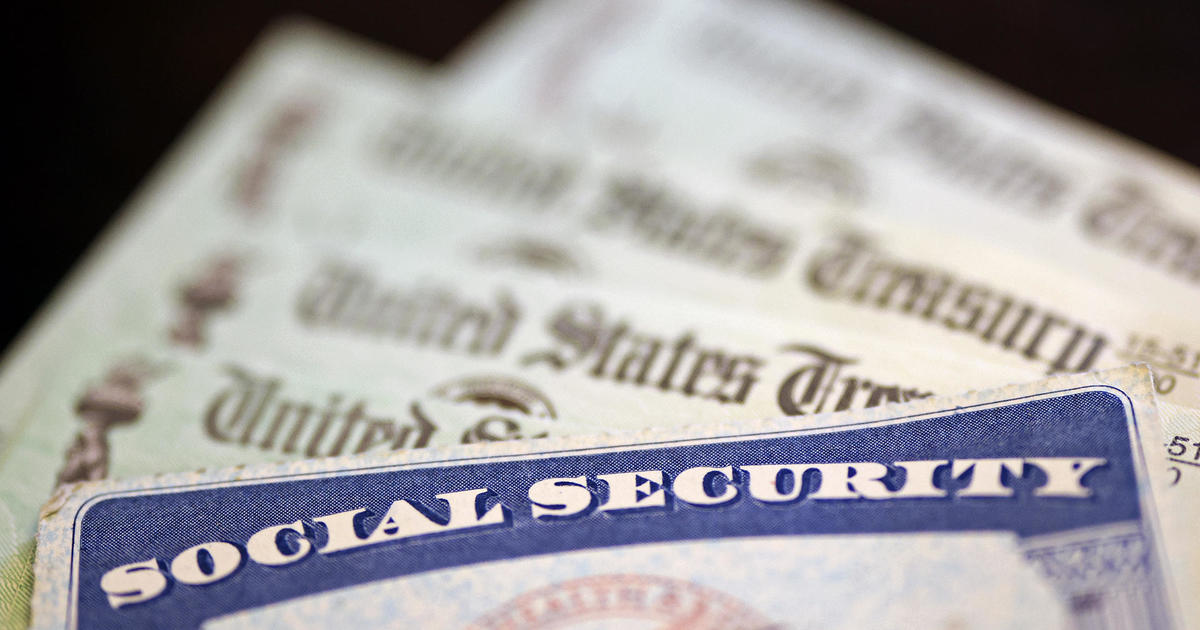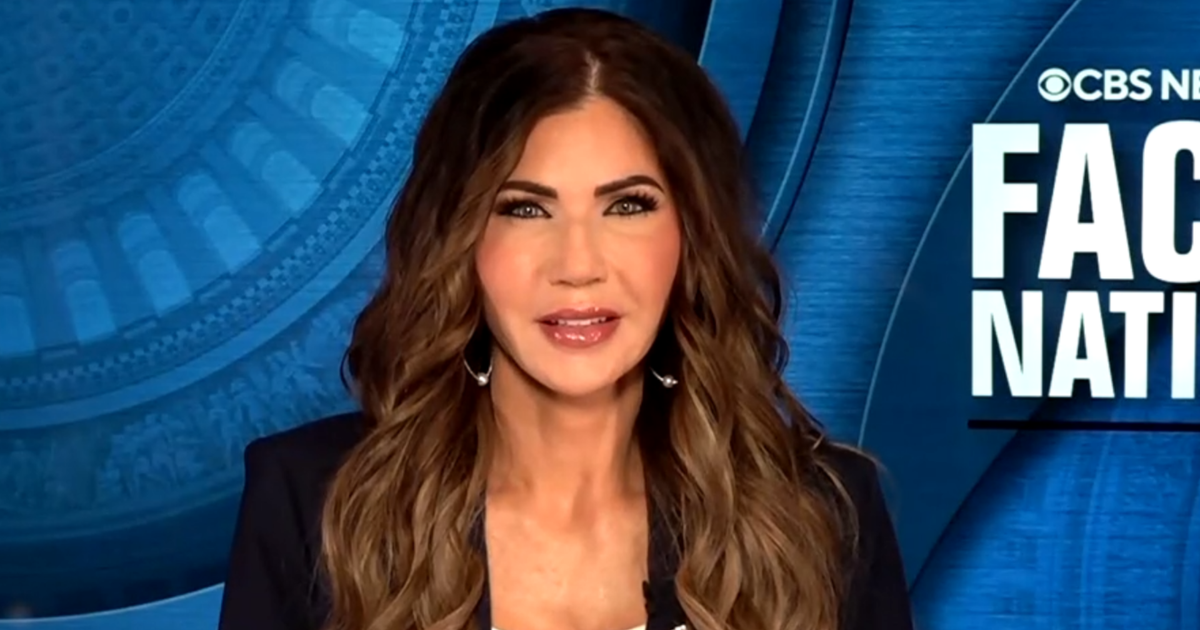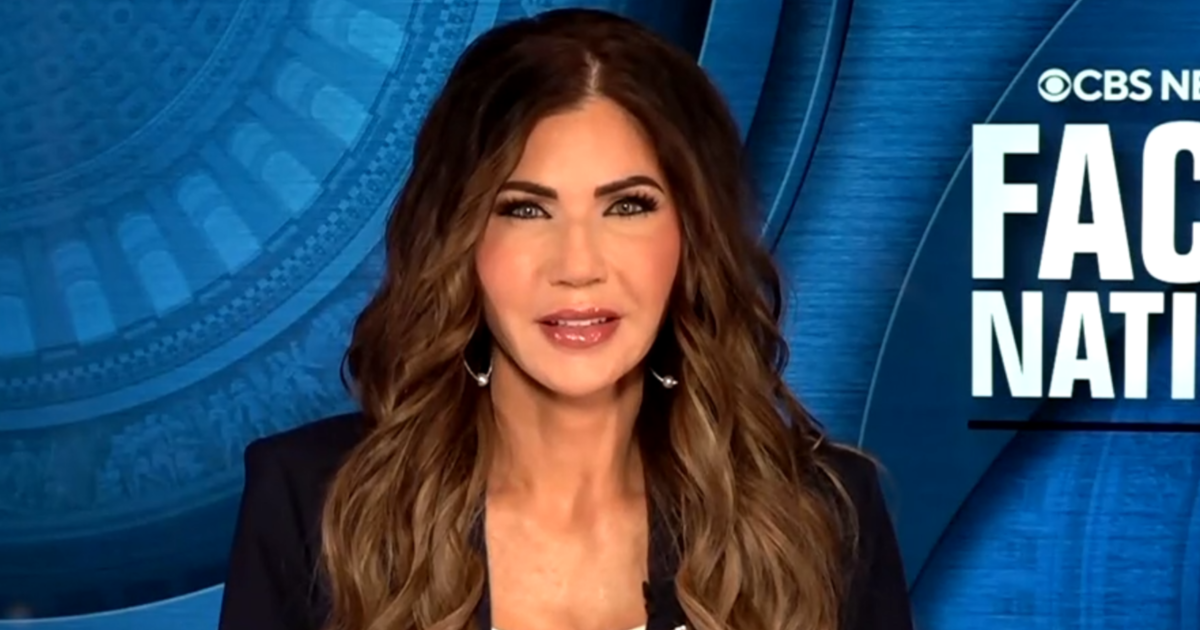Fed's Neel Kashkari warns bank losses during COVID could trigger next financial crisis
The head of the Minneapolis Federal Reserve warned Friday that banks should "stop paying dividends" and "raise capital" as more Americans struggle to pay their loans and credit losses mount at America's large banks amid the ongoing coronavirus pandemic.
"They can essentially inoculate themselves from COVID," said Neel Kashkari, who ran the 2009 auto bailout.
Kashkari - who was one of former Treasury Secretary Hank Paulson's top lieutenants during the Great Recession and administered the TARP program to provide financial relief to banks - also warned that sustained losses could cause significant problems. In answer to a question from "Face the Nation"'s Margaret Brennan on whether that could trigger another financial crisis, Kashkari issued a stark warning.
"I am concerned the longer this goes on, the more losses banks will face," he told Brennan. "Large banks have more capital than they had before the 08 crisis, but not enough."
Kashkari's comments come as the Federal Reserve is set to release the results of a stress test next week. Such reports examine whether or not banks would have enough cash to cover losses such as missed payments on things such as mortgages while also paying out dividends to shareholders during a sustained economic downturn.
Earlier Friday, Randal Quarles, the Fed Vice Chairman for Supervision, suggested that banks may see their dividends, or a portion of the company's earnings, affected by the Fed's report.
In a May 15 report, the Fed warned that cracks could emerge in financial markets and reverberate throughout the economy broadly.
"The strains on household and business balance sheets from the economic and financial shocks since March will likely create fragilities that last for some time," the report concluded. "Financial institutions—including the banking sector, which had large capital and liquidity buffers before the shock—may experience strains as a result."
Kashkari also said that "the recovery will take longer than we had hoped only a few months ago," and forecasts that it will "take a long time" for the labor market to recover.
"People who have lost their jobs will need further help so they can pay their bills," he said. "If they can't, it will not only hurt them but the economy as a whole.''
Kashkari suggested a form of beefed up unemployment insurance "capped at prior wages," which would "eliminate the disincentive to return to work when it's safe."
The current program - which gives out of work Americans an extra $600 boost to unemployment benefits weeks - ends July 31. Extending that program and other fiscal policy is the purview of Congress, and not within the powers of the Federal Reserve which focuses on monetary policy with the mandate of encouraging full employment.
In recent weeks, Federal Reserve Chair Jerome Powell - as well as former central bankers Janet Yellen and Ben Bernanke - have urged Congress to pass a fourth round of fiscal relief.
Kashkari previously told CBS that the federal government was "too slow and too timid" in responding to the financial crisis 12 years ago, and the government's targeted help to homeowners who needed it most did not help enough people.
Last week on Face the Nation, Kashkari's colleague Robert Kaplan, President of the Federal Reserve Bank of Dallas, suggested that record unemployment had "bottomed out", but Kashkari predicted that should a second wave of COVID-19 hit in the fall, as medical experts predict, he expects the unemployment rate to climb again.
"I think the real number today is around 20%," Kashkari said. The official jobless rate reported by the Labor Department is 13.3%, which economists like Kashkari have suggested may not reflect reality.
In the time that the coronavirus began its rapid spread across the United States back in March, roiling the economy and forcing upwards of 40 million Americans out of work, Congress has passed four legislative packages aimed at responding to the pandemic. The price tag of these emergency packages is historically large -- totaling upwards of $2.8 trillion on total aid.
The House passed a fifth measure, with a $3 trillion price tag, in mid-May, but it was considered dead on arrival in the Senate. Republican leadership have suggested a "July timeframe" for any future relief packages to be considered. Democrats, however, have urged their GOP colleagues to move more swiftly on the next aid package, warning that waiting too long before passing the next measure will have dire consequences for the country.



